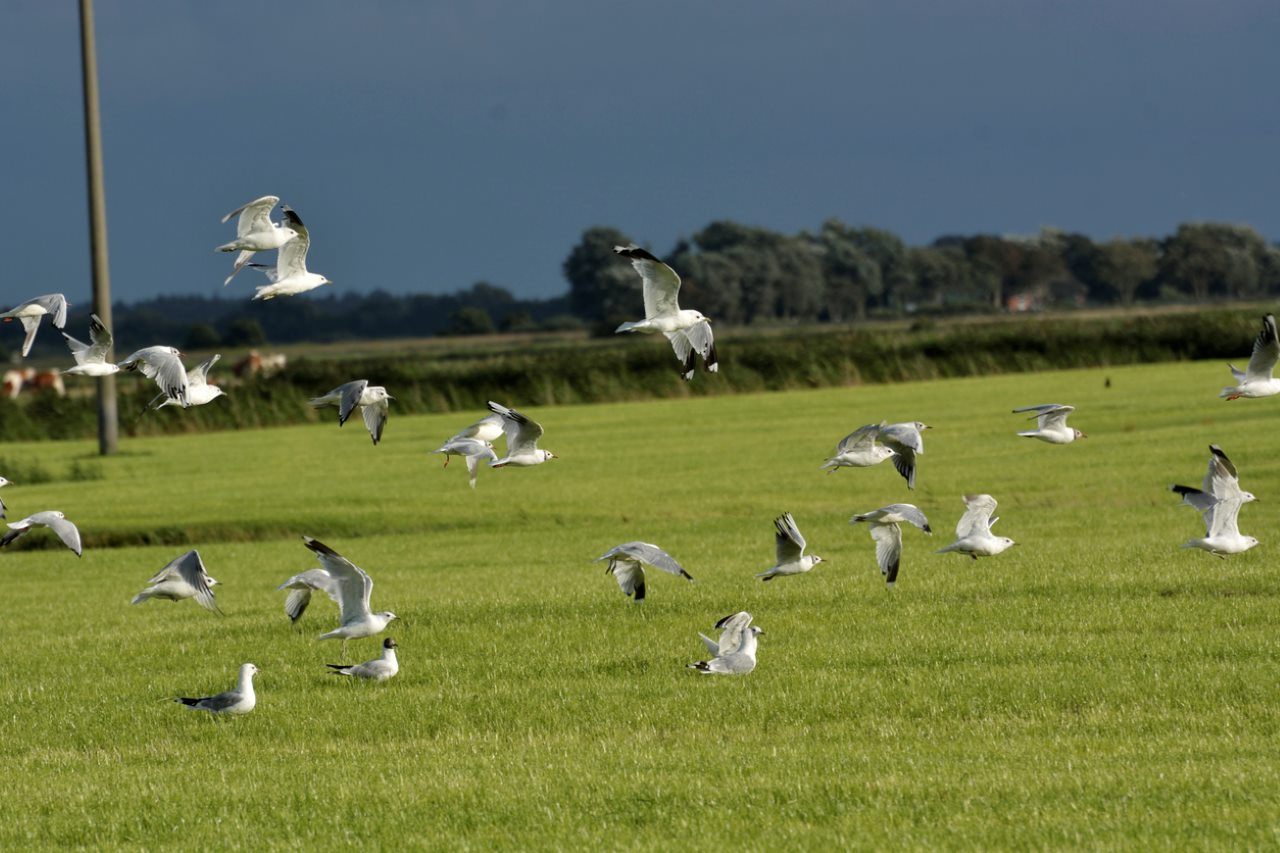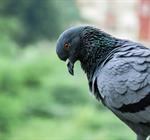
21 Apr 2024 | Apex Environmental Services (UK) Ltd
How Spring Affects Bird Control in the UK
Springtime brings a sense of renewal and vibrant life to the UK, not least for the bird population - but if you're wondering about the interaction between the burgeoning spring and how it might impact your bird control efforts, this comprehensive guide will shed light on the complexities and necessities of managing bird populations during this lively season. Let’s dive in!
Bird Behaviour During Spring in the UK
Migration Patterns and Nesting Habits
With the arrival of spring, many bird species return to the UK to take advantage of the warming weather and abundant food sources, and this migratory return sees a variety of species, from swallows to warblers, establishing temporary homes and beginning their breeding cycles. The establishment of nesting sites, particularly in urban areas, can lead to increased interactions between birds and humans, necessitating thoughtful bird control measures.
Increased Bird Activity and Breeding Season
Spring also signals the start of the breeding season for birds; during this time, birds are particularly active as they build nests, seek out partners, and rear their young. This flurry of activity often brings birds into more frequent contact with human environments, leading to potential conflicts in residential and commercial areas where birds may nest in undesirable locations.
Impact of Spring Weather on Bird Behaviour
It’s also worth noting that the unpredictable spring weather of the UK, with its mix of sudden showers and warm sunny days, can significantly influence bird behaviour. Rainy weather may drive birds to seek shelter in man-made structures, while warmer days will see increased flight activity as birds hunt for food for their young, complicating bird control efforts.
Challenges of Bird Control During Spring
Proliferation of Nuisance Birds
Springtime can see a rise in the populations of nuisance birds, such as pigeons and seagulls, in urban settings; these birds often adapt well to urban life, exploiting the nooks and crannies of buildings to nest and the availability of food sources, which can lead to overpopulation and associated issues.
Potential Health Risks and Property Damage
Birds nesting in urban areas can pose health risks through droppings and mites, which carry pathogens. Furthermore, their nesting materials can clog drains and flues, and their acidic droppings can damage the structural integrity of buildings and monuments, emphasising the need for effective bird control strategies.
Difficulty in Deterring Nesting Birds
Once birds have started nesting, legal protections also come into play that can prevent the disturbance or removal of nests, complicating control measures. In the UK as of 2024, it’s actually illegal to remove or disrupt a bird’s nest, so this is something to keep in mind when considering solutions.
Effective Strategies for Spring Bird Control

Habitat Modification and Bird Deterrents
Firstly, modifying the environment to make it less attractive to birds is one of the most effective bird control methods. This can include the use of spikes, nets, or wires to prevent birds from landing and nesting on ledges or in rafters - feel free to take a look at our range of bird deterrent solutions in the UK to learn more about these methods.
Humane Bird Control Methods
Humane methods for controlling bird populations include the use of visual or auditory deterrents that do not harm the birds; these can be particularly effective during the early stages of nest building, deterring birds from settling in specific areas.
Professional Bird Control Services and Consultation
For persistent or large-scale bird control issues, it might be beneficial to consult with professionals. They can provide tailored solutions that are both effective and humane, ensuring compliance with UK wildlife laws.
Legal and Ethical Considerations in Bird Control
Compliance with Wildlife Protection Laws
Bird control activities in the UK are bound by strict regulations that protect wildlife, so it’s essential to ensure that any control measures comply with these laws to avoid legal issues.
Ethical Treatment of Birds and Conservation Efforts
While controlling bird populations, it's also important to balance human needs with ethical considerations towards wildlife. This includes using non-lethal measures as much as possible and respecting the ecological role of birds.
Balancing Effective Control with Environmental Responsibility
Don’t forget: implementing bird control measures shouldn’t come at the expense of environmental health. Maintaining balance is crucial for sustaining both human architectural heritage and the natural ecosystems that birds are a part of, so feel free to take a look at our DIY anti-bird solutions for some planet-friendly solutions.
The Bottom Line
Ultimately, as spring breathes new life into the UK's bird populations, it brings challenges that require thoughtful, legal, and ethical bird control strategies. Whether you’re dealing with a simple nest in your garden or a full-blown bird invasion in your business premises, consider anti-bird netting - or consulting with one of our professionals - to address your bird-related concerns effectively and responsibly.


